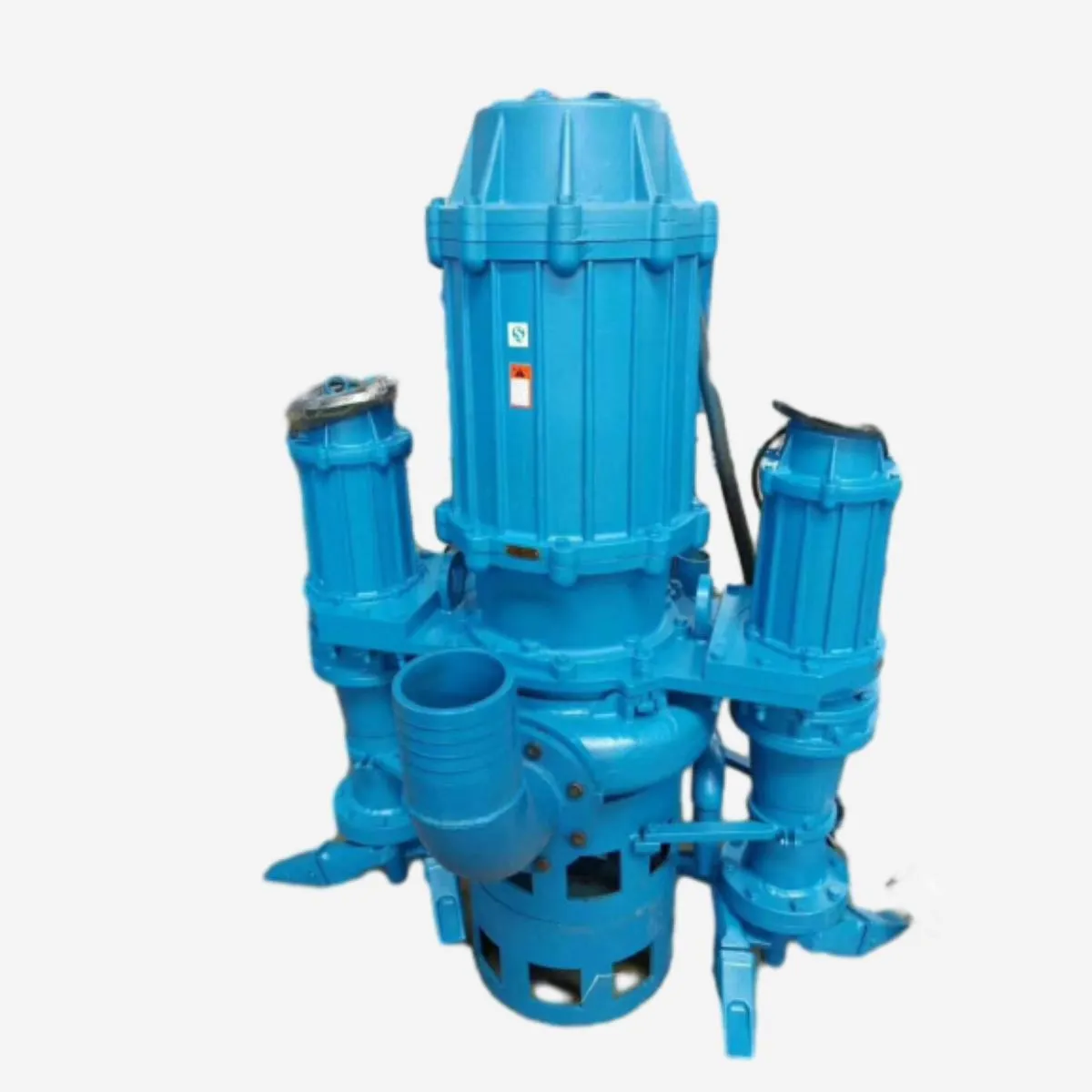English
- Afrikaans
- Albanian
- Amharic
- Arabic
- Armenian
- Azerbaijani
- Basque
- Belarusian
- Bengali
- Bosnian
- Bulgarian
- Catalan
- Cebuano
- Corsican
- Croatian
- Czech
- Danish
- Dutch
- English
- Esperanto
- Estonian
- Finnish
- French
- Frisian
- Galician
- Georgian
- German
- Greek
- Gujarati
- Haitian Creole
- hausa
- hawaiian
- Hebrew
- Hindi
- Miao
- Hungarian
- Icelandic
- igbo
- Indonesian
- irish
- Italian
- Japanese
- Javanese
- Kannada
- kazakh
- Khmer
- Rwandese
- Korean
- Kurdish
- Kyrgyz
- Lao
- Latin
- Latvian
- Lithuanian
- Luxembourgish
- Macedonian
- Malgashi
- Malay
- Malayalam
- Maltese
- Maori
- Marathi
- Mongolian
- Myanmar
- Nepali
- Norwegian
- Norwegian
- Occitan
- Pashto
- Persian
- Polish
- Portuguese
- Punjabi
- Romanian
- Russian
- Samoan
- Scottish Gaelic
- Serbian
- Sesotho
- Shona
- Sindhi
- Sinhala
- Slovak
- Slovenian
- Somali
- Spanish
- Sundanese
- Swahili
- Swedish
- Tagalog
- Tajik
- Tamil
- Tatar
- Telugu
- Thai
- Turkish
- Turkmen
- Ukrainian
- Urdu
- Uighur
- Uzbek
- Vietnamese
- Welsh
- Bantu
- Yiddish
- Yoruba
- Zulu
Telephone: +86 13120555503
Email: frank@cypump.com
Jul . 29, 2024 20:43 Back to list
Understanding the Operational Principles and Applications of Pipeline Centrifugal Pumps in Modern Industry
Pipeline Centrifugal Pumps An Overview
In the realm of fluid transport, pipeline centrifugal pumps play a critical role in ensuring the efficient movement of liquids across various industries, including water supply, wastewater treatment, agricultural irrigation, and petroleum processing. These pumps are engineered to handle high flow rates while maintaining pressure, making them essential for the effective transportation of fluids through extensive pipeline systems.
Working Principle
Centrifugal pumps operate based on the principle of converting rotational kinetic energy into hydrodynamic energy. The pump consists of a rotating impeller, housed within a stationary volute. When liquid enters the pump, the impeller spins at high speeds, imparting velocity to the fluid. The design of the impeller blades is crucial; they ensure that the liquid is pushed outward towards the volute, where its velocity is converted into pressure energy. This increase in pressure enables the fluid to move through the pipeline to its designated location.
Design Considerations
When designing a pipeline centrifugal pump, several factors must be taken into account to ensure optimal performance
. These include1. Flow Rate and Head The required flow rate and total dynamic head (TDH) are primary considerations. A pump must be selected that can deliver the desired volume at a particular pressure.
2. Fluid Characteristics The nature of the fluid being pumped—its viscosity, temperature, and corrosiveness—affects the pump’s material selection and design features. For example, corrosive substances may necessitate pumps made from specialized alloys or coatings.
pipeline centrifugal pump

3. Pump Efficiency High efficiency is critical for minimizing operational costs. Selecting a pump with optimal impeller design and system compatibility ensures that energy consumption is kept at a minimum.
4. Maintenance Requirements A well-designed pump facilitates easy access for maintenance and repairs. Routine maintenance is essential to extend the lifespan of the pump and prevent unexpected failures, which can lead to costly downtimes.
Applications in Various Industries
Pipeline centrifugal pumps are versatile and can be found in numerous applications. In municipal water supply systems, they help transport water to treatment facilities and distribute it to neighborhoods. In agriculture, these pumps are vital for irrigation, moving water from reservoirs to fields more efficiently than gravity-fed systems.
In the oil and gas industry, centrifugal pumps are integral to the transportation of crude oil and refined products through pipelines. The ability to move large volumes of fluid with minimal energy consumption is particularly valuable in these applications, where operational costs can significantly impact profitability.
Wastewater treatment facilities rely on these pumps to move effluents through various treatment processes, ensuring that water is appropriately treated before it is released back into the environment.
Conclusion
Pipeline centrifugal pumps are indispensable components in the modern infrastructure of fluid management. Their ability to generate high flow rates at sufficient pressures makes them suitable for a wide variety of applications, from municipal water systems to industrial processes. With continuous advancements in technology, the efficiency and reliability of these pumps improve, contributing to the effective management of resources in an increasingly demanding world. The proper selection, maintenance, and operation of pipeline centrifugal pumps will continue to play a crucial role in ensuring that fluids are transported safely and efficiently, supporting various sectors and boosting economic development.
-
ISG Series Vertical Pipeline Pump - Chi Yuan Pumps Co., LTD.|Advanced Hydraulic Design&Energy-Efficient Solutions
NewsJul.30,2025
-
ISG Series Vertical Pipeline Pump - Chi Yuan Pumps Co., LTD.
NewsJul.30,2025
-
ISG Series Vertical Pipeline Pump - Chi Yuan Pumps Co., LTD.|energy-efficient fluid handling&industrial durability
NewsJul.30,2025
-
ISG Series Vertical Pipeline Pump - Chi Yuan Pumps | Advanced Engineering&Industrial Efficiency
NewsJul.30,2025
-
ISG Series Pipeline Pump - Chi Yuan Pumps | High Efficiency, Energy Saving
NewsJul.30,2025
-
ISG Series Vertical Pipeline Pump-Chi Yuan Pumps|High Efficiency&Reliable Performance
NewsJul.29,2025










